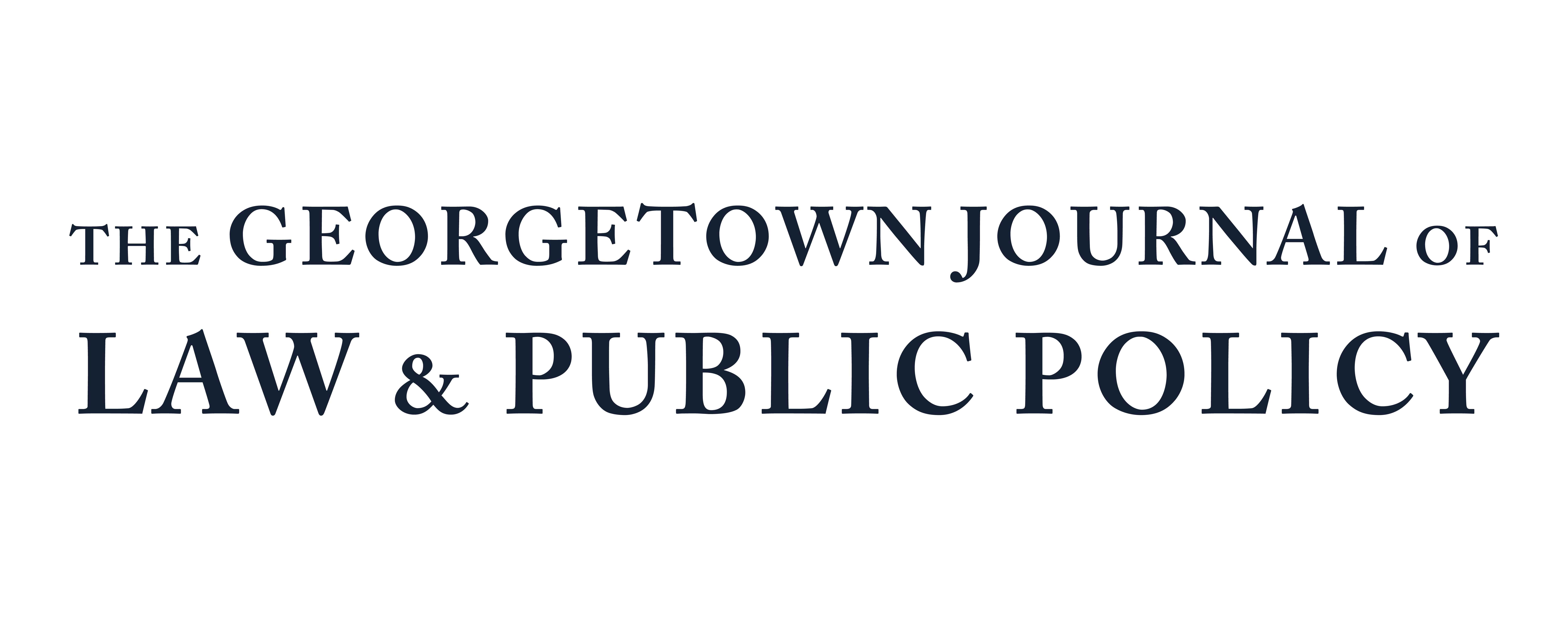Fiduciary Constitutionalism: Implications for Self- Pardons and Non-Delegation
The idea that public servants hold their offices in trust for subject-beneficiaries and that a sovereign’s exercise of its political power must be constrained by fiduciary standards—like the duties of loyalty and care—is not new. But scholars are collecting more and more evidence that the framers of the U.S. Constitution may have sought to constrain public power in ways that we would today call fiduciary. In this article, we explore some important legal conclusions that follow from fiduciary constitutionalism.
After developing some historical links between private fiduciary instruments and state and federal constitutions, we opine on what a fiduciary constitution may mean for modern issues in constitutional law. First, we argue that fiduciary constraint has implications for the legal validity of presidential pardons that are not efforts to pursue the public interest. Because the core duty of all fiduciaries is to be loyal to beneficiaries and not to pursue their own self-interest, par-dons in derogation of a president’s fiduciary obligation—the command of “faithful execution” in Article II—are invalid. Second, we suggest that when we properly conceive of parts of the Constitution as best analogized to a trust instrument, we can both appreciate where the non-delegation doctrine came from and why it is consistent with the original meaning of the Constitution to have a more relaxed rule about delegation today. By way of conclusion, we meditate upon how to convert legal conclusions that flow from fiduciary features of the Constitution into remedies that make sense for the potentially sui generis fiduciary law of constitutional law.
Keep Reading Fiduciary Constitutionalism: Implications for Self-Pardons and Non-Delegation
Subscribe to GJLPP
